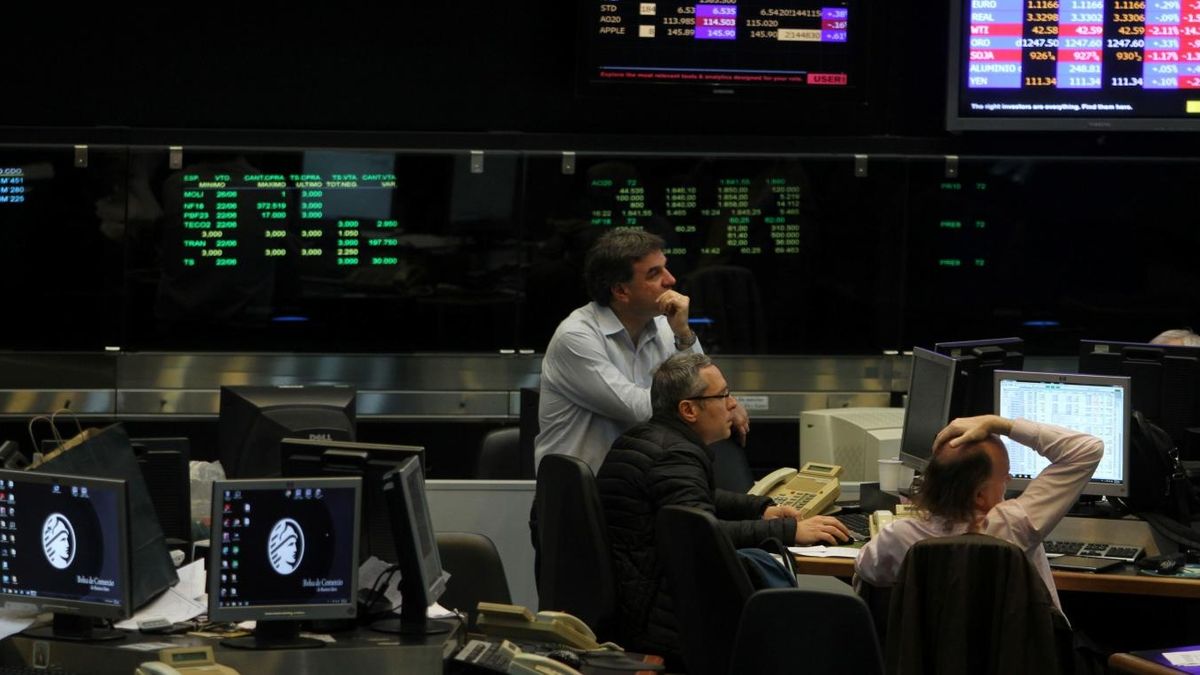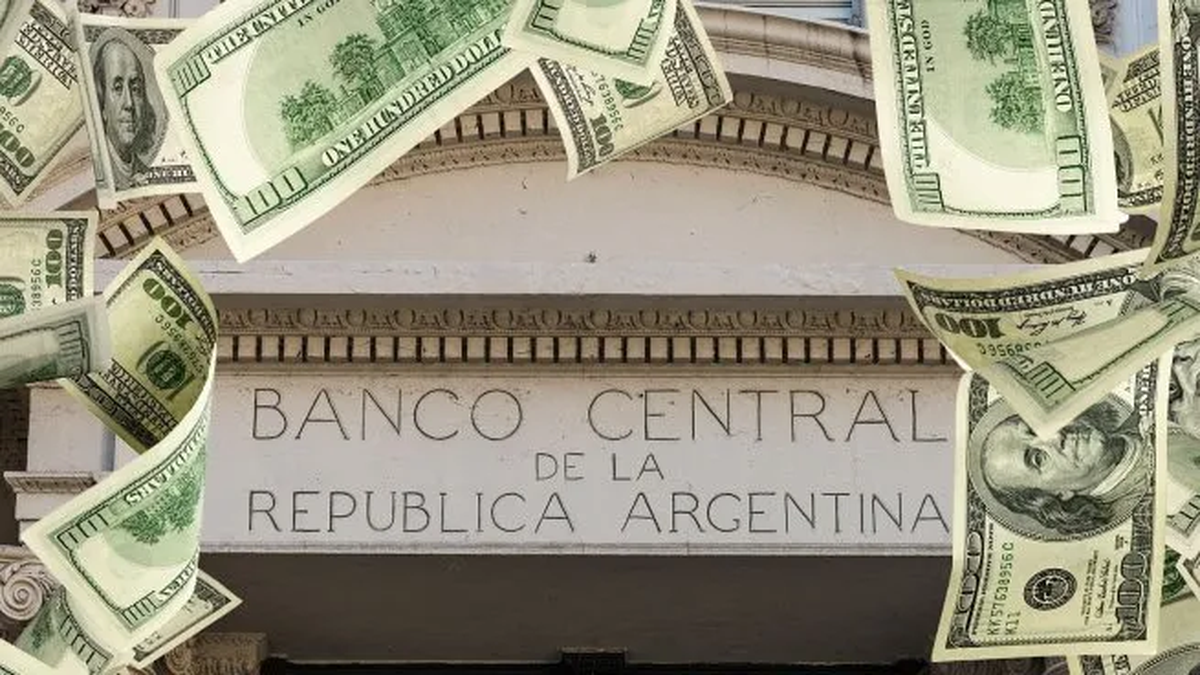Operators point out that the tensions within the Argentine government coalition cast doubt on the economic future despite a recent agreement with the IMF for some US$44 billion.
For its part, in the global economic framework, the growing concern about the tightening of monetary policy and the slowdown in economic growth play against risky investments, operators agree.
bonuses
On Thursday, Argentine bonds in dollars closed this Thursday with falls close to 3% in some cases, for which the country risk touched a new maximum of two months, already very close to 1,900 points, in a day in which met the high inflation data for April, which marked an increase of 6%.
Fears that aggressive US interest rate hikes to curb the highest inflation in decades could tip the economy into recession fueled asset hedging sales around the world.
In this framework, titles denominated in hard currency recorded general declines, led by the Global 2038 (-2.7%); Global 2035 (-2.6%); the Bonar 2030 (-2.2%); and Global 2030 (-2.2%).
Indeed, the Argentine country risk rose 2.6% to 1,887 units, its highest level since the beginning of March.
In the segment of pesos, on the other hand, the bonds that adjust by CER (follow the evolution of inflation) closed with the majority of increases, highlighting the advance of the Quasipar (+5.2%).
Towards the close of the market, the National Institute of Statistics and Censuses (INDEC) reported that retail prices increased by a strong 6% in April, mainly driven by food and clothing items.
Meanwhile, the board of the Central Bank (BCRA) was analyzing a potential new rise in the reference rate, in line with the rise in inflation.
“Domestic assets are conditioned since they have no choice but to accompany the global ‘risk-off’ more when (local) political tensions intensify,” they said from the market.
“Investors must add the growing political tensions within the ruling coalition, since they make the serious economic challenges to be managed even more complex. Just the expectation of complications in governance, given the long road that remains until the elections, would only deepen the deterioration in agents’ expectations,” they added.
The worrying data of the day, beyond the inflationary dynamics, were the sales of US$80 million by the Central Bank to supply genuine demand, to reduce its positive balance to US$535 million in the month, which contrasts with the US$1,223 million that the entity had accumulated in the same days of May a year ago.
“The central bank is under pressure from the industry due to the lack of dollars, amid lower supply,” said a trader.
According to this media, the demand for foreign currency this week was increased by the punctual payment of energy (two ships with LNG), which was around 250 million dollars. “They were specific operations, planned for this time of year, with prices significantly higher than a year ago as a result of the war,” they said in the market.
The International Monetary Fund (IMF) will carry out this month the first revision of the recent agreement reached with the country for some 44,000 million dollars by which the Government promised to increase the reserves of the BCRA, reduce inflation, reduce the fiscal deficit, increase interest rates and cut energy subsidies.
Source: Ambito
David William is a talented author who has made a name for himself in the world of writing. He is a professional author who writes on a wide range of topics, from general interest to opinion news. David is currently working as a writer at 24 hours worlds where he brings his unique perspective and in-depth research to his articles, making them both informative and engaging.




